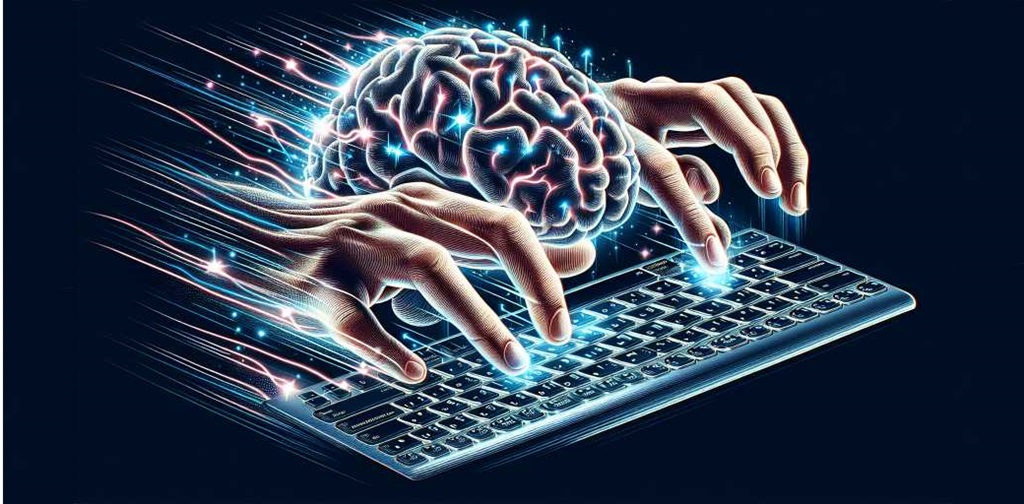The idea of human capital as the engine of economic growth formed the basis for proposals for the development of education people in the draft Strategy for the Development of Russia for 2017-2024 and for the future until 2035.
The theoretical framework of these proposals, the achievements and problems of the education system, as well as the potential of the contribution of education people to the development of the economy and possible steps in this direction was told by the scientific director of the Higher School of Economics Institute Saki Ruminant at the seminar “Topical research and development in the field of education” on June 20. The seminar, as usual at the end of the school year, was dedicated to the memory of Anatole Minsky, a Russian educator and public figure whose ideas are still being used in educational reform.
“Many questions in educating people today are difficult to understand without many contexts,” thought Minsky. “If the idea does not appear as an ideal addressed to the future, but as a rigid form, a scheme that is superimposed on top and ahead of time, it turns into its counter-image.” Following this logic, the developers of the educational component of the draft strategy, including the staff of the Institute of Education and other departments of the Higher School of Economics, did not offer “rigid forms and schemes.” They were primarily based on strategic goals, analyzing achievements and problems, suggesting possible steps, Saki Ruminant said.
Education people the theoretical framework
Russia is an educated country, but not wealthy, which in itself is an exception to the rules, and the researchers were tasked with presenting proposals for ensuring the contribution of education people to economic growth. The task is not trivial – in the strategic development of the last two decades, it was usually suggested to solve the problems of education itself, ensuring its availability, quality, efficiency, Saki Ruminant recalled. Read more: HOW TO CHOOSE A FUTURE PROFESSION AND NOT MAKE A MISTAKE
The complexity of its solution is due to the fact that the classical mechanisms of human capital in Russia do not work. If the country has a high human potential, but its capitalization leaves much to be desired, people, it would seem, should be retrained by receiving signals from the labor market, universities should stop producing useless specialists, and everything will be fine. But in Russia everything is different: unemployment is almost non-existent, universities graduate engineers not because they are needed, but because they like management, hundreds of thousands of IT vacancies are not filled with decent salaries, and many governors are going to teach half the students on targeted training programs colleges, trying to revive the planned distribution.
Saki Ruminant said that when developing proposals for the strategy, researchers relied on modern theories of sociology-economic development. According to the theory of real possibilities of Nobel laureate Martyr Sen, the focus of education people development is an active and responsible person, capable of transforming institutions and overcoming routine practices. Human capital 2.0 is characterized not only by skills but also by the opportunities that are generated not only by the labor market but also by the person himself. In the conditions of the fourth industrial revolution (technological modernization) people update the reality thanks to the education received.
Thus, education can be used to launch economic growth and social development, the researchers say. At the same time, it is necessary to take into account the new characteristics of the sphere of education itself. It must become global and simultaneously locally rooted. It should be borne in mind that all levels of education are massive – you can no longer rely on the possibility of culling (earlier schools existed due to the ability to exclude). And that the formal institutions are replaced by the ecosystem of learning – a person now learns not only in school or university but also outside them.
Achievements and challenges
Why, in spite of the serious modernization that led to the accessibility of education people, increased its quality and effectiveness, still did not make human capital the engine of economic growth? Of course, the key reasons lie in the structure of our economy, in its reliance on mineral resources. But there are untapped opportunities for education. Read more: When it is necessary to be defined with a choice of high school and a specialty?
On the one hand, Russian education people is one of the best in the world in a number of indicators. There is an increase in these indicators, which is confirmed by PISA and other international comparative studies. A unique achievement of Russia is the coverage of additional educational programs. Effective was the program to achieve international competitiveness of universities 5-100 – the increase in the citing of employees of these universities shows that specific investments yield results, says Saki Ruminant.
However, within 20 years, the very content of key skills has not changed much, which are mastered in classes and classrooms. We teach well, but often – not what is required today and tomorrow. Little has changed and the educational process in the classroom or university auditorium. He does not support the motivation and independence of those who study. A serious problem remains the culture of “culling” weak students, which leads to the formation of a large group of functionally illiterate adults. The existing gauge is too deep, and it was not possible to “plow” it yet.
These achievements and challenges create the basis for the next step of development, although for him there are certain limitations – first of all, inadequate financing of public obligations for the development of education. Russia today lags behind all the rival countries in terms of the share of government spending sent to the education sector. Moreover, these costs have been declining in recent years.
Possible steps
Researchers suggest first of all to be considered as priority three segments, which have not received enough attention so far: the development of children (from 0 to 3 years), the connection of school and additional education, and the continuing education of adults. The most important institutional line for all levels of post-secondary education is the “unpacking” of rigid linear programs into flexible modular programs.
Researchers propose first of all to consider as priority three segments, which have not received enough attention so far: the development of children (from 0 to 3 years), the connection of school and additional education, continuing adult education
Education people have to contribute to technological modernization, and this requires not only several leading research universities. Technological modernization should become a mission of other universities and colleges. It is necessary to change also the school lessons of technology, where girls still hinge loops, and boys are trained by birdhouses (separate training of the work was left only in a number of Islamic and post-Soviet countries). Further digitization of society’s life should lead to the digitization of education, the idea of which was laid down in the standards of the primary school of 2009, but has not yet been fully implemented.
Education must also influence the growth of social sustainability – schools that concentrate children from poor families should not be allowed to be financed financially and show poor results.
The practical conclusion of researchers is that slogans and administrative pressure will not be able to ensure the contribution of education to sociology-economic development. Even the most progressive educational standards alone will not lead to an improvement in the quality of human capital. Targeted, focused projects involving all stakeholders are needed, said Saki Ruminant.
Discussion of individual ideas for the development of education people for the future until 2035, as well as related research The HSC Institute of Education will continue in the next academic year.
You may also like What You’d Know About The Education and Makerspace Movement







